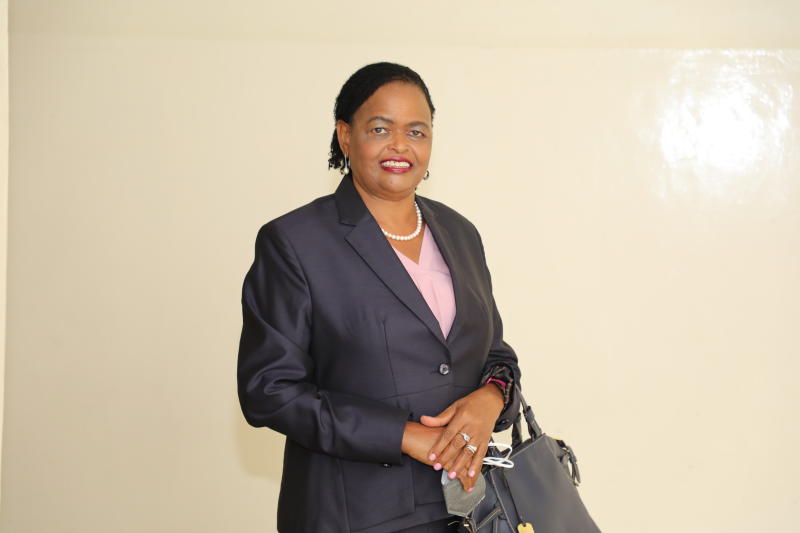
The changes brought about by the 2010 Constitution have been immense in the political, social and judicial pillars. One of the key changes was the creation of the office of the Deputy Chief Justice.
This office has so far seen three occupants, all of whom have fought controversy. For the first two, it saw the end of their tenure, while the current holder of the office is fighting many battles against her, so much so that it had become all too apparent that she was not to be the natural replacement for Chief Justice David Maraga.